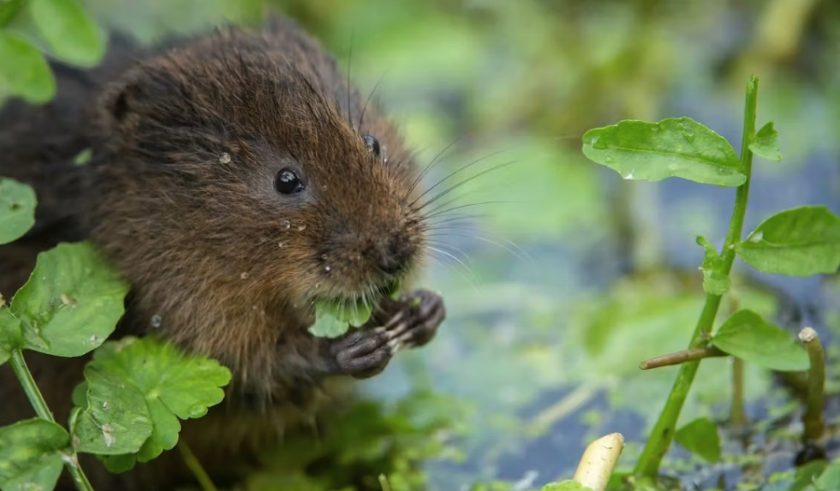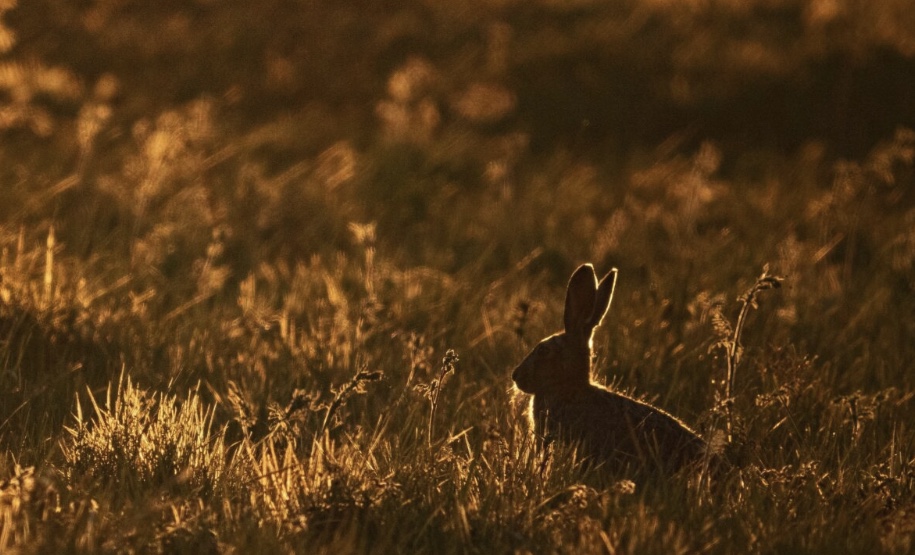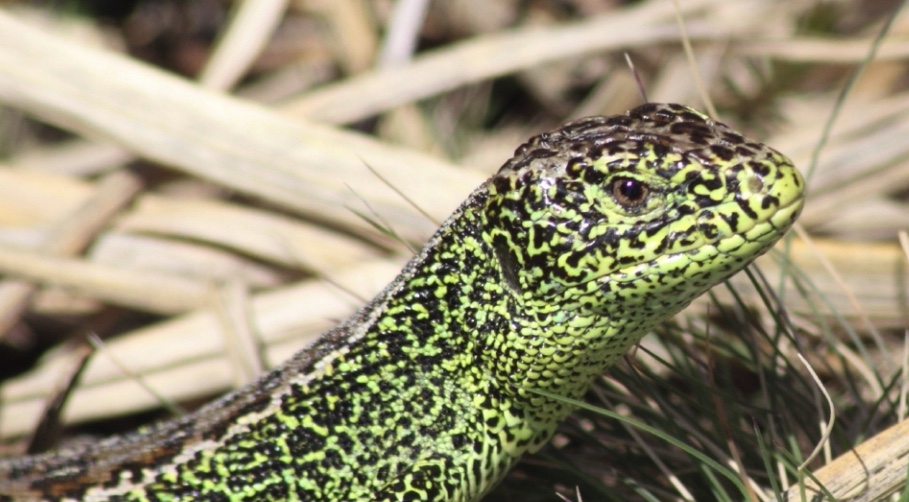State of Nature: Urgent action needed as Wales faces alarming species decline

The State of Nature 2023 report, published today, exposes the dramatic extent of nature loss across Wales, indicating a grim risk of extinction for many species including the Fen Orchid, Water Vole, and Sand Lizard.
With 18% of species under threat, Wales stands as one of the most nature-depleted countries on the planet.
Over the past decades, the abundance of land and freshwater species has dwindled by 20% across Wales, signifying a relentless pressure on wildlife.
Amid the loss, there is a glimmer of hope with noted recovery in some bat species, terns, and butterflies.
- 18% (one in six) of our species is at risk of extinction from Wales, including plants and animals such as Fen Orchid, Water Vole and Sand Lizard.
- The abundance of land and freshwater species has on average fallen by 20% across Wales since 1994.
- Of almost 3,900 species assessed, more than 2% are already extinct in Wales.
- Continued pressures on wildlife mean that Wales is now one of the most nature depleted countries on Earth.
- Wales has committed to ambitious targets to turn around the loss of nature. While there is some progress, the response is still far from what is needed to deal with the scale and pace of the crisis.
- But action for nature can make a difference with success stories for some bat species, terns and some butterflies.
The report sheds light on both land and marine life, citing agriculture management and climate change as significant contributors to the decline on land, and pollution and historic over-exploitation as marine life threats. Notable species such as the Atlantic Salmon and Curlew have also seen drastic decreases in population.

Not only does this decline impact wildlife, but it also has significant repercussions for human life. The decline in moths, critical pollinators, and the degradation of 90% of Wales’ peatlands, a potential enormous carbon store, highlights the interdependence of human and natural life.
State of Nature: Urgent action needed as Wales faces Alarming Species decline
However, amidst the adversity, examples of triumph in nature conservation emerge. The report highlights the protection of Little Terns in Denbighshire and peatland restoration in Ceredigion as successful initiatives leading to population maintenance and growth of Large Heath butterflies and Little Terns.
A broad societal effort, encompassing government, business, and communities, is imperative to halt the ongoing devastation and instigate substantial recovery.
Despite the current bleak scenario, the unyielding effort and commitment to nature can pave the path for a verdant and thriving future for Wales, ensuring the preservation and flourish of its rich and diverse wildlife.

[Photo: Sand Lizard – North Wales Wildlife Trust]
Experts from over 60 organisations have joined in a collective plea for immediate, comprehensive action.
Alun Prichard, Director of RSPB Cymru, said: “This report shows how we’re facing a critical tipping point in the nature crisis across Wales.”
“A national problem, which needs national action. But we know what we need to do; we know what works. Governments, businesses, communities and the public must now work together and more urgently across the board if we are to put nature back where it belongs.”
“We need to be ambitious and inspiring for future generations. Nature can’t wait and neither should we.”
Clare Pillman, Chief Executive of Natural Resources Wales, said: “Despite some progress, Wales still faces challenges in biodiversity conservation. Climate change, habitat loss, changes in land use, invasive species, and pollution continue to impact our ecosystems.”
“NRW is pleased to work with partners to provide the best available evidence that can be used by all to better understand how nature is changing across the UK, and to use that evidence to spur on action.”
“Ensuring that nature thrives must be a shared endeavour across government, business and society. It is only together that we can put Wales on a solid footing on the path to nature’s recovery.”
To find out more and discover how you can contribute to the noble effort, visit stateofnature.org.uk
Spotted something? Got a story? Email: [email protected]
Latest News
